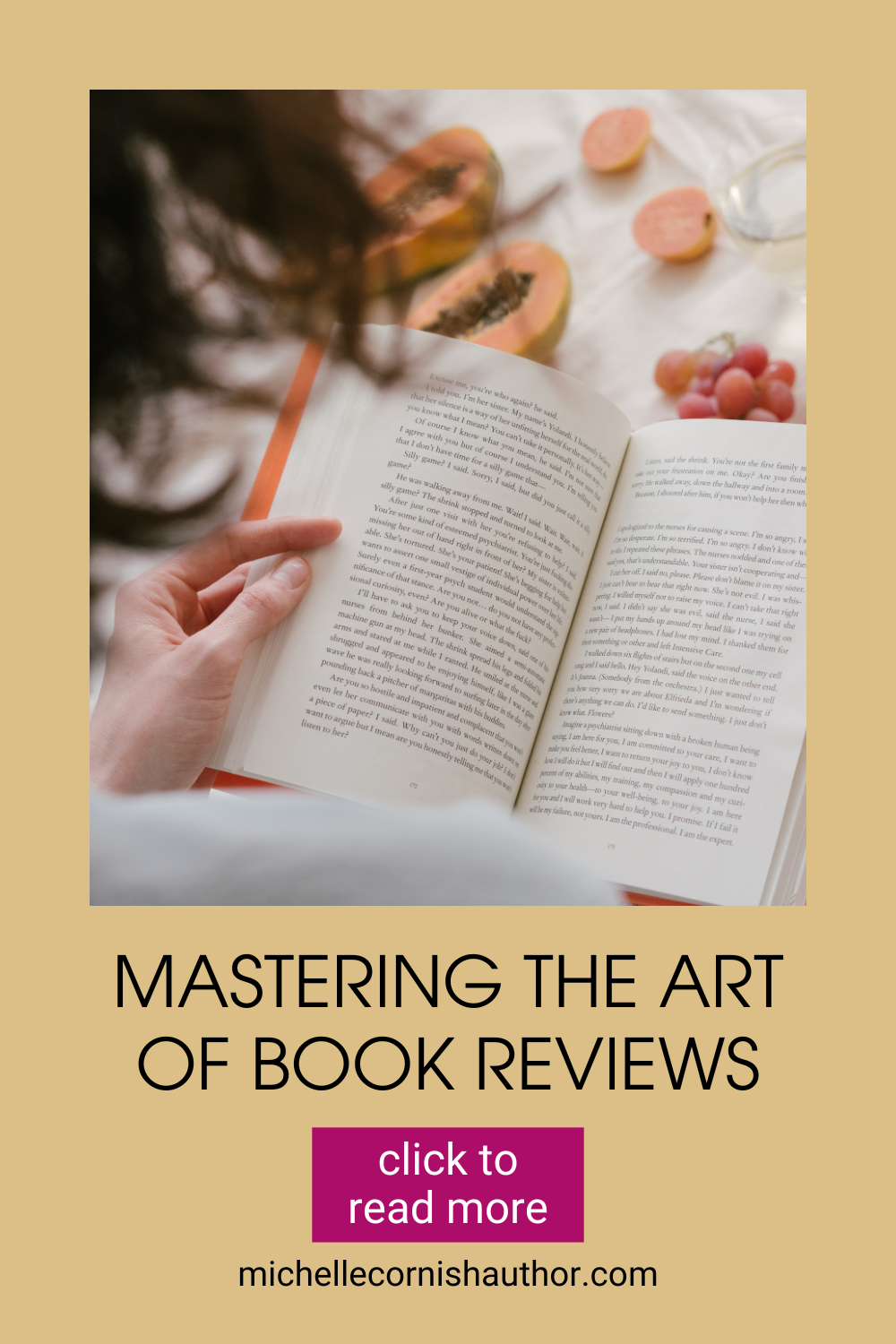Diving into the world of literature isn't just about reading books; it's about sharing them and spreading the word too. Writing a book review is a powerful way to engage with the text, connect with fellow readers, and refine your own understanding and appreciation of literature.
When I first started writing longer book reviews, I was often stumped as to what to write, beyond what I loved about the book. Whether you're a seasoned critic or a casual reader looking to contribute to the literary community, this guide will walk you through creating an engaging and actionable book review that resonates with your audience.
Understanding the Purpose of a Book Review
Before you put pen to paper, understand that a book review serves multiple purposes. It's a tool for personal reflection, a guide for potential readers, and even an academic critique depending on who is reading your review. Your review should inform, entertain, and provoke thought while providing an honest assessment of the book's content, style, and impact.
Start with a Bang: The Hook
Your opening sentence should grab the reader’s attention. Consider starting with a provocative question, a powerful quote from the book, or an intriguing statement about your reading experience. Briefly introduce the title, author, and genre. Mention any relevant context, like if it's part of a series or the author's debut novel.
Summarize the Content (But No Spoilers!)
Give readers a taste of the plot, setting, and main characters without giving away major twists or the ending. Your goal is to pique interest, not ruin surprises. While you want to provide enough detail to be informative, keep it concise. You're setting the stage, not retelling the entire book. Readers who are reading your review may have already read the book's blurb, so they already have an idea of what the book is about.
Delve into Analysis and Critique
While considering the book, here are some questions you might find helpful:
- What big ideas does the book wrestle with? How effectively does it explore these themes?
- Are the characters relatable, believable, and dynamic?
- Is the writing poetic, straightforward, fast-paced, or slow-burning?
- How did the book make you feel? Were you thrilled, moved to tears, frustrated, or inspired
Evaluate the Strengths and Weaknesses
Highlight what the book does well and where it falls short (if so inclined). I prefer to focus on the positive in my book reviews, so I usually leave out the parts I didn't like. If I really didn't like a book, then I don't write a review.
Provide specific examples to back up your opinions. Other readers are likely reading your review to see if they should read the book or not, so it's helpful if you can give reasons for your opinions. Even if you didn’t enjoy the book, remember that your review is for potential readers. Offer insights into who might appreciate it more than you did.
Wrap Up with Your Recommendation
Suggest the type of reader who might enjoy the book. Is it for fans of epic fantasies, or is it better suited for those who love intimate character studies? Give your overall impression and whether you think it's worth the read.
If you like, include a rating out of 5 or 10. This gives readers a quick snapshot of your assessment.
Engage Your Readers
End with a question or a thought-provoking statement to invite comments and discussions. Engage with readers who comment on your review. Their insights might offer you new perspectives and lead to new books for you to read.
Before Publishing Your Review
Ensure your review is clear, concise, and free of errors. A well-written review is more credible and engaging. While it's important to be informative, let your personality shine through. Your unique voice and perspective are what make your review special.
Writing a book review is an art that blends analysis, passion, and personal reflection. It's not just about judging a book but sharing a piece of its journey with the world. By following these steps, you can craft insightful, engaging reviews that resonate with your readers and contribute to the vibrant tapestry of literary discussion.
So, the next time you turn the final page of a book, consider sharing your journey with others. Your perspective is a unique addition to the world of literature. Remember, a book review is more than just an opinion; it's a bridge between the book and its potential readers. It's your chance to be part of the literary conversation and help others discover stories that will move, entertain, and inspire them.



Comments ()